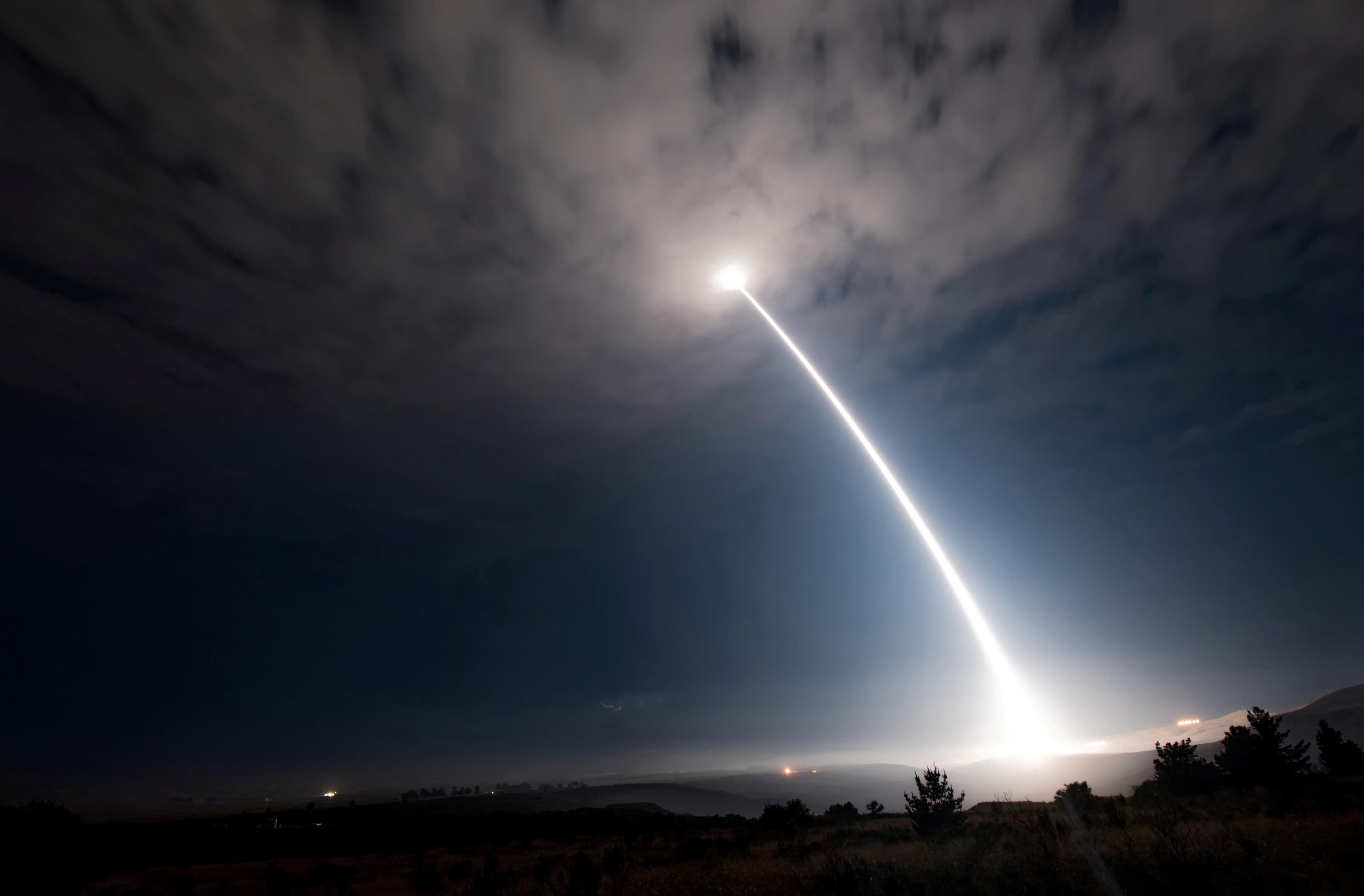We're loading the full news article for you. This includes the article content, images, author information, and related articles.
Washington's move, citing Russian and Chinese weapons programs, shatters a decades-long global halt on nuclear testing, raising fears of a new arms race with potential security implications for East Africa.

The United States will immediately resume the testing of nuclear weapons, ending a 33-year moratorium, former President Donald Trump announced on Wednesday, October 29, 2025. The directive to the Pentagon, citing nuclear weapons programs in Russia and China, reverses a long-standing policy of American restraint and threatens to trigger a new global arms race.
The announcement was made via a post on the Truth Social platform shortly before a scheduled meeting in South Korea between Trump and Chinese President Xi Jinping on Thursday, October 30, 2025, East Africa Time. “Because of other countries testing programs, I have instructed the Department of War to start testing our Nuclear Weapons on an equal basis,” Trump stated. “That process will begin immediately.”
The United States has not conducted a live nuclear weapon test explosion since September 23, 1992. Since then, the safety and reliability of its arsenal have been maintained through computer simulations and subcritical tests, which do not produce a nuclear explosion. Russia's last nuclear test was in 1990, and China's was in 1996. Since 1998, the only country confirmed to have conducted a nuclear test explosion is North Korea.
The decision upends a global norm against nuclear testing, largely upheld by the Comprehensive Nuclear-Test-Ban Treaty (CTBT), which was opened for signature in 1996. While the treaty has not formally entered into force, it has established a de facto global moratorium on testing. The United States, Russia, and China have all signed the treaty but have not ratified it. In 2023, Russia withdrew its ratification to "mirror" the U.S. stance.
For Kenya and the East Africa region, the resumption of testing by a major power could have significant, though indirect, security implications. A renewed arms race among the U.S., Russia, and China could lead to increased global instability and divert resources from development and diplomacy. Furthermore, the history of nuclear testing on the African continent, specifically France's tests in Algeria in the 1960s, serves as a stark reminder of the environmental and health consequences of radioactive fallout, which can travel thousands of kilometers.
Trump's directive follows recent announcements from Moscow regarding its advanced weapons programs. On Sunday, October 26, 2025, Russian President Vladimir Putin confirmed the successful test of the Burevestnik nuclear-powered cruise missile, dubbed "Skyfall" by NATO. Russian Chief of the General Staff Valery Gerasimov reported that the missile flew for 15 hours over a distance of 14,000 kilometers in a test on October 21. Russia also announced a successful test of its Poseidon nuclear-powered torpedo.
Meanwhile, China has been rapidly expanding its nuclear arsenal. The U.S. Department of Defense estimated in 2022 that Beijing could have a stockpile of 1,500 warheads by 2035. While China has not conducted a live test since 1996, recent satellite imagery has shown activity at its Lop Nur test site, suggesting preparations for subcritical tests. In response to Trump's announcement, a Chinese foreign ministry spokesperson urged the U.S. to uphold the non-proliferation treaty and contribute to regional peace.
The Pentagon has not yet issued a formal statement on the logistics or timeline for the resumption of testing. The announcement has drawn immediate concern from arms control experts, who warn that it could provoke a chain reaction of testing by other nuclear powers and unravel decades of non-proliferation efforts. Daryl Kimball, director of the Arms Control Association, stated that the U.S. has no technical or military reason to resume testing and that such a move could “blow apart the nuclear Nonproliferation Treaty.”
The meeting between Trump and Xi in South Korea proceeded as planned, with discussions focused on trade. Trump later told reporters that he and Xi had reached a “consensus” on trade issues. However, the directive on nuclear testing casts a long shadow over global security, potentially heralding a new and more dangerous era of nuclear competition. The full implications for international stability, and by extension the security environment in regions like East Africa, remain to be seen and will require further investigation.
Keep the conversation in one place—threads here stay linked to the story and in the forums.
Sign in to start a discussion
Start a conversation about this story and keep it linked here.
Other hot threads
E-sports and Gaming Community in Kenya
Active 9 months ago
The Role of Technology in Modern Agriculture (AgriTech)
Active 9 months ago
Popular Recreational Activities Across Counties
Active 9 months ago
Investing in Youth Sports Development Programs
Active 9 months ago